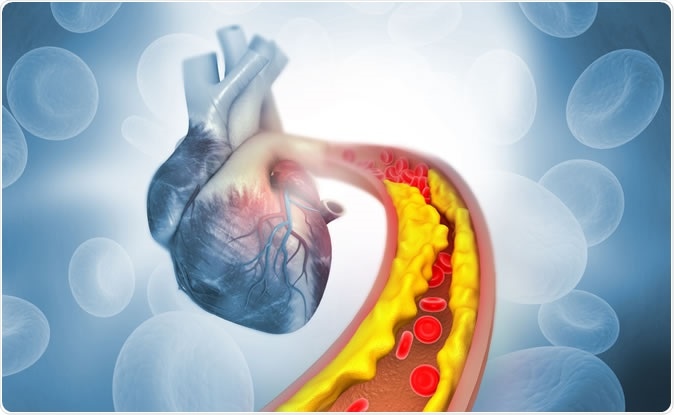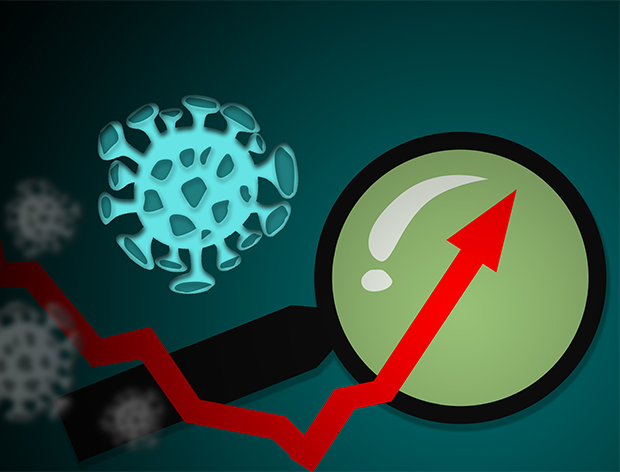Lipids are fatty substances present in our bodies and play an important role in all living cells. Lipids include cholesterol, triglycerides, phospholipids, and fatty acids. Too much of these lipids or an increased amount of cholesterol or fatty acids can increase the risk of developing certain health conditions. High levels of triglycerides in our body increase the risk of developing coronary heart disease. The presence of high cholesterol in blood lipids is hyperlipidemia.
Our liver produces 80% of our body's cholesterol. The other 20% comes from the food that we eat. Egg yolk, poultry, seafood, and whole-milk dairy products are the main source of cholesterol. Food of plant origin (vegetable, fruits, grains, cereals) contains no cholesterol.
Cholesterol needs to be carried in the bloodstream by liquid-protein complexes called lipoproteins as it is not water-soluble and our body contains 70% water. There are two types of lipoproteins –
Low-density lipoprotein (LDL) - It carries cholesterol from the liver to different parts of the body where they are needed. It is also known as bad cholesterol.
High-density lipoprotein (HDL) – It carries excess cholesterol from the different parts of the body to the liver and is known as the "good" cholesterol.
Ways to control your body cholesterol level
Limit food intake that contains high cholesterol – Limit your animal origin foods consumption. Avoid organ meats (liver, kidney, brain, and innards) or eat them in small portions as these have high cholesterol content. You can replace meat with bean curds, peas, and beans on some days. Limit intake of egg yolk even if you have normal blood cholesterol content.
Increase fiber intake – Eat more fruits, vegetables, grains, cereals, and legumes. Foods containing soluble fibers like oats, barley, beans, peas are good in reducing cholesterol.
Reduce consumption of fat – Restrict intake of fat in general in your daily diet. Cut down on the amount of saturated fats. This is found mainly in animal products such as meat, fat, poultry skin, full cream milk, milk products, butter and ghee. Prefer monounsaturated oils such as olive oil, canola oil, peanut oil or polyunsaturated oils such as corn oil, sunflower oil, soybean oil in cooking.
Disclaimer: The content on this site is for informational purposes only, and should not be taken as professional medical advice. Always seek the guidance of your doctor or other health professionals for any questions you may have regarding your health or a medical condition.

 The presence of high cholesterol in blood lipids is hyperlipidemia. It is the leading cause of various heart diseases. Read on to know about different ways of controlling it
The presence of high cholesterol in blood lipids is hyperlipidemia. It is the leading cause of various heart diseases. Read on to know about different ways of controlling it





.png)














.jpeg)








.jpg)




.jpg)




